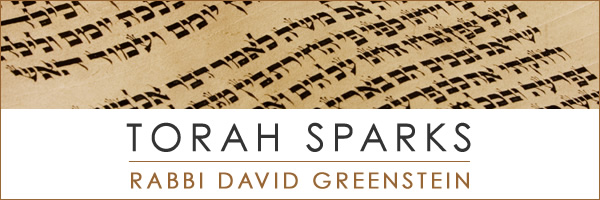On the seventh day of Passover we will read the Torah’s report of the miraculous crossing of the Red Sea and the jubilant song that the Israelites offered to God. This is because this event happened on the seventh day after the Children of Israel left Egypt, the “House of Slavery,” as a free people.
Thus, it would seem that, just as the first days of Pesah commemorate our Exodus, the last days commemorate our salvation at the Sea.
But this is not quite the whole story. Actually, the Torah presents the continued observance of the holiday of Passover as a seven day holiday from the very start. Even before we left Egypt God commands Israel: “Let this day be a memorial for you to celebrate it as a festival to the Ever Present One, for all your generations; you shall celebrate it as your portion (hoq) forever. You shall eat matzot for seven days… The first day shall be declared holy and the seventh day shall be declared holy…” (Ex. 12:14-16)
This means that the holiday of Passover was supposed to be observed as a seven-day festival even before the event of the crossing of the Red Sea happened on that seventh day!
The seventh day of Passover was instituted independent of that miraculous event. Had that event happened on some other day the Torah would still have mandated the declaration of that day as sacred.
We often seek to find rationales and justifications for the religious practices of our tradition so as to make them relevant and meaningful to us. In fact, the seder night is one exemplary ceremony of doing just that. But the danger in this approach is that we may make our commitment to Jewish living contingent on such justifications. Without them we feel free to desist from engaging in these practices. However, the message of the Torah is that the sacred discipline of Jewish living does not need to be justified first before it is adopted. As we said at Sinai – “We will do and we will listen.” (Ex. 24:7) The doing comes first and the meaning comes after. In the case of the last days of Passover, the mitzvah to observe this day came first. Then history caught up. While we were still under the shadow of Egyptian slavery God confidently promised us that we were being given a richly meaningful way of life. If we accepted this as our portion, the meanings would follow. They would follow and multiply throughout time.
May we have a Sweet last days of Passover,
Rabbi David Greenstein
- Toby Stein: In Memoriam - Thu, Feb 8, 2024
- Faithfulness and Hope: Parashat Sh’lach - Thu, Jun 23, 2022
- Past Their Prime: Parashat B’ha`a lot’kha - Thu, Jun 16, 2022

